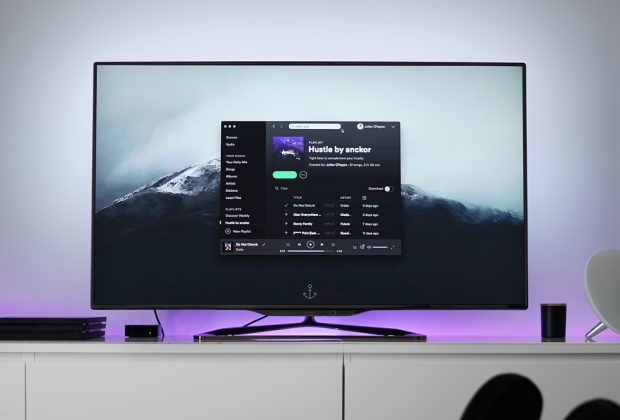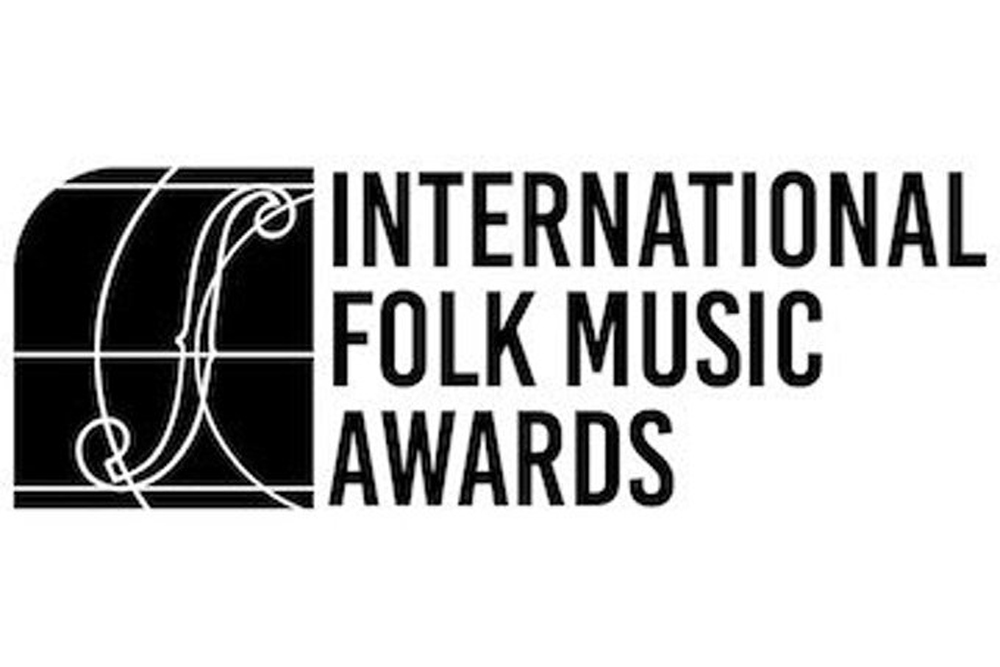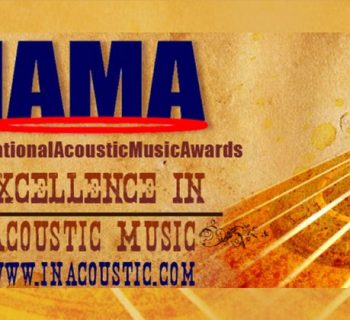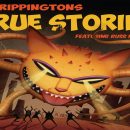This article will discuss what you can do to license your music for film and TV. It goes without saying that one of the best things you can do is to create great music that people will want to license.
You should educate yourself about the music business by reading books, magazines, etc. And of course, you should have a great website showcasing your music. It is also important to make your music easy to access by using SoundCloud or something similar. Furthermore, there are songwriter organizations (such as The Association of Independent Music Publishers) that you can join and attend their events to learn and make contacts.
For artists who are not signed to a recording and/or a music publishing contract, you can usually license your music without anyone else’s permission, making it easier and quicker to negotiate a deal. For this reason there is a market for licensing music from unsigned artists, especially since it is less expensive for the licensee.
Films and many TV shows have music supervisors that are in charge of licensing music. The music supervisor will use various resources (music libraries, personal knowledge, contacts and Internet research) to find suitable music. You can research music supervisors and companies that specialize in licensing music. And the market for music is growing with companies such as Netflix and Amazon.
Effective networking is essential in your efforts to find those who might want to license your songs. You should let people know that you are interested in doing so. For instance, perhaps a family member or friend knows a music supervisor, director or others involved in the entertainment business that could be good contacts for you.
Sometimes music supervisors attend and/or speak at music conferences such as South by Southwest, the ASCAP “I Create Music” EXPO or the Billboard/Hollywood Reporter Music in Film and TV Conference. These can be great opportunities for you to network. Even if you can’t attend a particular conference, you can log onto the conference website and look for music supervisors and companies involved in licensing music.
You should try and think outside the box. For example, let’s say you find a music conference you would like to attend but you can’t afford it. Why not volunteer to work for the conference? You would in all likelihood make some great contacts.
Try and identify the target audience for your music. If you are trying to license country music, approach people/companies that are looking to license songs in that genre.
People often ask me how much money they can expect to receive for licensing their songs. It depends on a number of factors including the length of the song, the placement (opening or end credits, theme song, during the film, etc.), the budget, and how popular the artist and song are. Another consideration is whether the original master recording (or a “cover”) is used. But don’t be overly concerned with how much money you will receive. Placing your song in a movie, TV show, commercial, or video game could give you great exposure and lead to other opportunities.
This article is a very brief overview of licensing music for film and TV and does not constitute legal advice.
GLENN LITWAK is a veteran entertainment attorney based in Santa Monica, CA. He has represented platinum-selling recording artists, Grammy-winning music producers, hit songwriters, management and production companies, music publishers and independent record labels. Glenn is also a frequent speaker at music industry conferences around the country, such as South by Southwest and the Billboard Music in Film and TV Conference. Email Litwak at [email protected] or visit glennlitwak.com.













